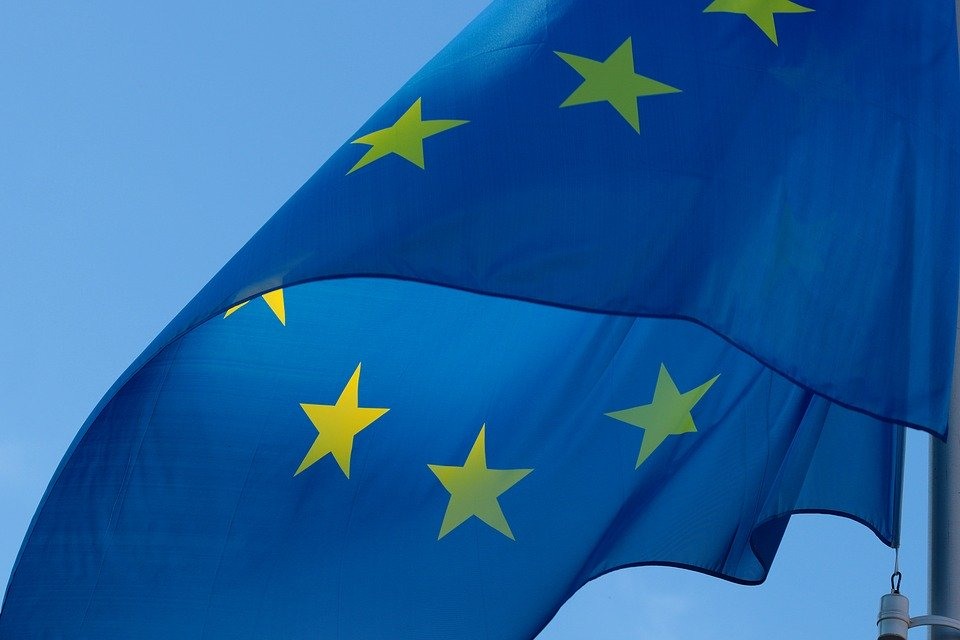EU's New AML Laws: Balancing Privacy and Security in Cryptocurrency Transactions

The recent approval of Europe's new anti-money laundering (AML) legislation by the majority of the EU Parliament's leadership committee has sparked privacy concerns among cryptocurrency users in the EU.
The disclosure came from EU parliament member Patrick Breyer via X. As per the announcement, the regulations are slated to come into force within three years, with the possibility of an earlier enforcement.
The communication outlined that cash transactions exceeding €10,000 or anonymous cash transactions surpassing €3,000 would be prohibited. This prohibition extends to transactions from self-custody wallets to hosted wallets on cryptocurrency service providers, such as crypto exchanges.
Breyer contends that the legislation might disproportionately impact law-abiding citizens rather than effectively combating criminal activities. He underscores the legitimate uses of anonymous transactions, citing examples like donations to individuals such as Alexei Navalny and organizations like WikiLeaks.
In his statement, Breyer asserted: "We have the right to conduct online payments and donations without having our personal transactions tracked. If the EU assumes it can regulate virtual currencies at a regional level, it fails to grasp the global nature of the Internet."
Contrary to earlier reports, Patrick Hansen, Director of Research and Policy at Circle, clarifies that media coverage regarding the ban on self-custody wallets and anonymous transactions in the EU was inaccurate.
The new AML laws exclusively pertain to crypto-asset service providers, including exchanges and brokers regulated under MiCA. Self-custody wallet providers such as MetaMask or Ledger remain unaffected.
Moreover, the current AML regulations already prohibit these crypto-asset service providers from offering anonymous accounts or accounts for privacy coins. Hansen asserts that data collection for transfers from service providers to self-custody wallets is already mandated under the Transfer of Funds Regulation (TFR).
Furthermore, peer-to-peer transfers are expressly exempt from the legislation. However, using non-KYC'd self-custody wallets for transactions with merchants might face increased difficulty or prohibition depending on the setup of the merchants.


